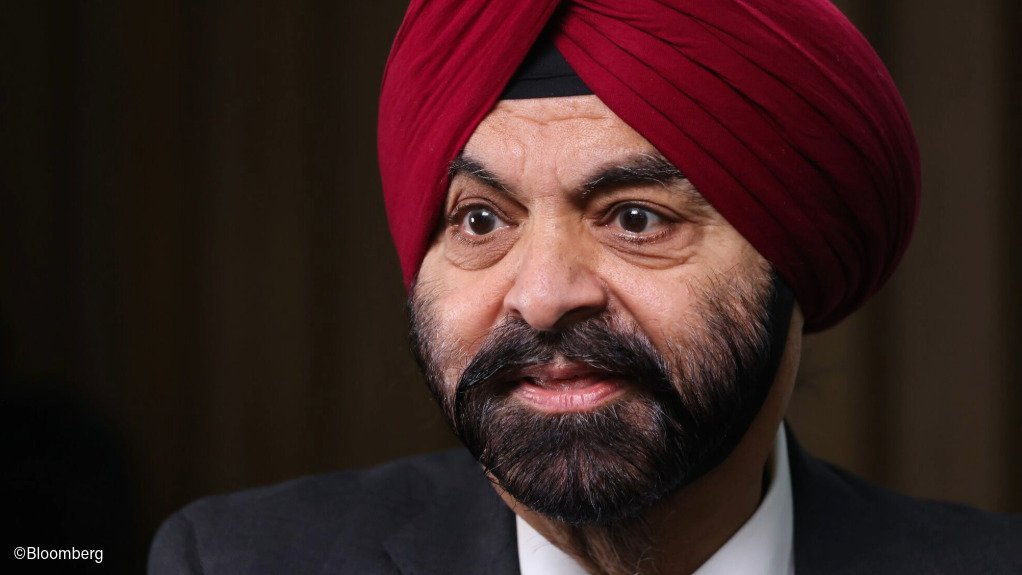World Bank president Ajay Banga said boosting access to electricity is the key to unlocking the demographic dividend in the world’s youngest continent.
Banga, who spoke in an interview at the Mission 300 Africa Energy Summit in Tanzania, laid out a plan that could see the World Bank, International Monetary Fund, African Development Bank and private investors spend about $85-billion to bring power to 300-million people by 2030.
The World Bank is driving the program dubbed Mission 300 that’s seeking to break one of Sub-Saharan Africa’s biggest impediments to growth: Almost half of its population, or 570-million people, have no access to electricity. That limits education, curbs employment and cuts productivity in a region where 70% of the population are younger than 30.
“Everyone talks about that as a demographic dividend, which it will be if you give them clean air, clean water, health, education and eventually a job,” he said in Dar es Salaam, Tanzania’s commercial capital, on Monday. If not “you’ll have young people coming out the pipe in 10, 12, 15 years who will have no hope, no optimism, who will be socially challenged” and could migrate, he said.
Under the program, the World Bank, the African Development Bank and other partners plan to give African countries grants and concessional finance. In return they expect recipient governments to change regulations and create a conducive environment for private investment.
“It’s a pay for results kind of thing,” he said. “We can say you’ve committed to these things, you make the change, here’s the support. You don’t make the change, the money’s not coming.”
The scale of what’s needed was laid clear in a dozen presentations by countries including Nigeria and the Democratic Republic of Congo, sub-Saharan Africa’s most populous and third-most populous nations.
To boost electricity access through grid expansions, off-grid technology such as mini-grids and solar home systems more than $115-billion would be needed, the presentations showed. An additional 10 to 12 countries are expected to come up with their own plans within about six months.
On Tuesday the presidents of more than 20 African nations are due to sign up for the programme.
Banga envisages the World Bank’s International Development Association providing $30-billion to $40-billion for the program and the IMF an added $10-billion to $20-billion. The African Development Bank may spend $8-billion to $10-billion, and an additional $10-billion to $15-billion is expected to come from private sources, he said, saying that a precise estimate for the total costs is difficult.
The amount is significantly higher than the $40-billion that has previously been mentioned by World Bank staff, which would have included $25-billion from the bank.
A fund housed in the World’s Bank’s International Finance Corp. will invest in companies boosting electricity access with the hope of catalyzing more investment.
Banga said he doesn’t see the program being threatened by changes imposed by the Trump administration, including the temporary freezing of foreign aid programs and a more inward-looking policy. The US is the biggest shareholder in the bank.
“I hope not,” he said, when asked if support for the program might ebb under the US’s new leadership. “It reduces illegal migration, if it keeps people happy in their countries, it creates marketplaces for your products and your intellectual property and your technology.”
EMAIL THIS ARTICLE SAVE THIS ARTICLE FEEDBACK
To subscribe email subscriptions@creamermedia.co.za or click here
To advertise email advertising@creamermedia.co.za or click here











